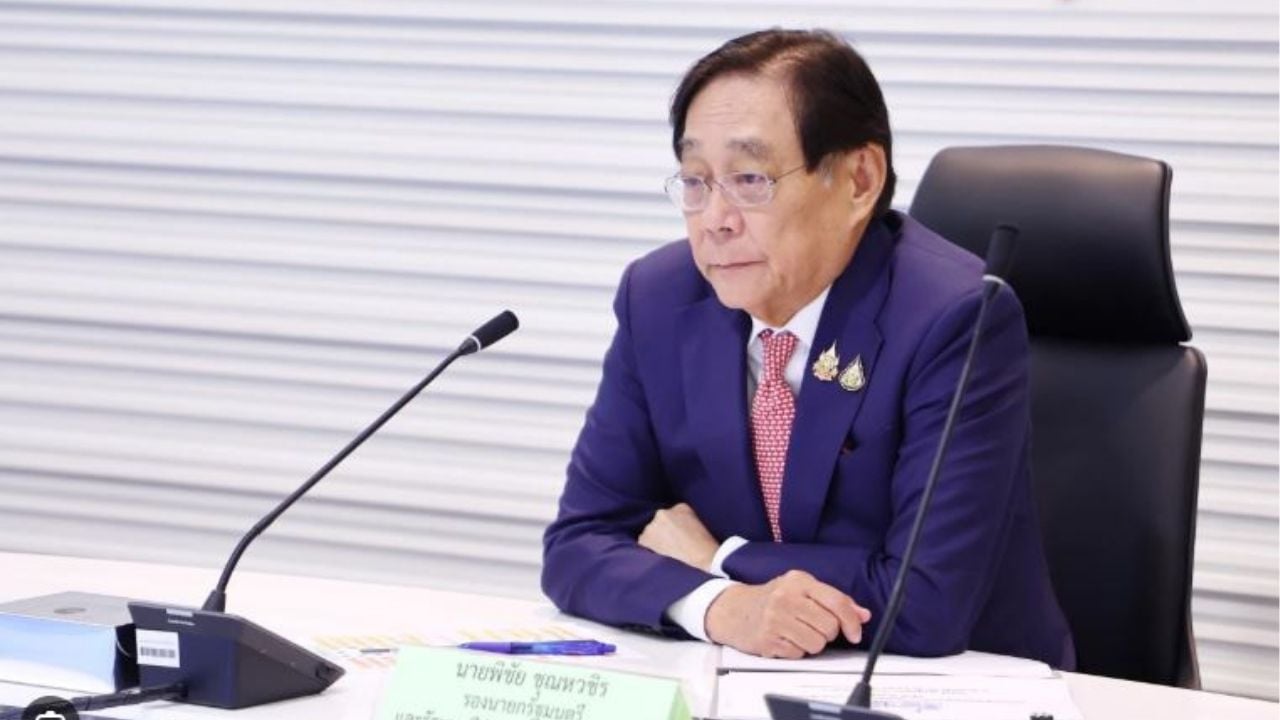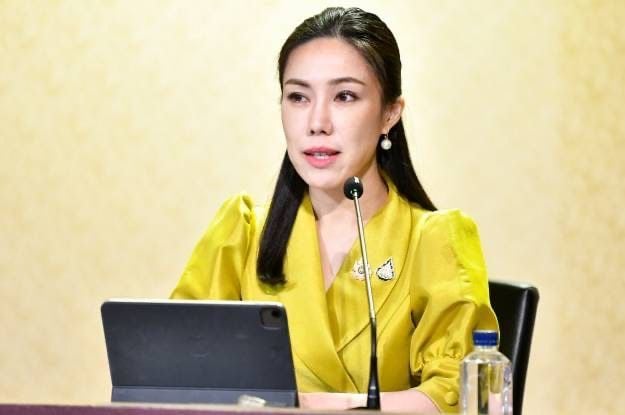Thailand taps digital wallet leftovers to fight Trump’s tariffs
Emergency stimulus plan aims to protect jobs and revive sluggish investment amid tariff dispute with Washington

The Thai government is rushing to prop up struggling businesses as Washington’s trade crackdown starts hitting closer to home.
An anonymous source from Government House revealed that US President Donald Trump’s reciprocal tariff policy is expected to severely impact local entrepreneurs. In response, the economic stimulus committee has decided to allocate 42 billion baht—leftover from the digital wallet scheme—to aid affected firms and prevent job losses.
Finance Minister Pichai Chunhavajira confirmed that most of the remaining funds from the government’s 157-billion-baht economic stimulus budget would be used to soften the blow of the US tariffs.
“We’re prioritising immediate support for Thai businesses facing disruption,” he said, adding that tax negotiations with the United States were progressing. “I’ll be sending responses to their queries today.”
When asked if Thailand could secure tariff terms similar to other ASEAN nations, Pichai said only, “As the negotiator, I remain hopeful.”

The unused budget, originally earmarked for the digital wallet handout programme, has now become a lifeline for Thailand’s economy, which officials admit is underperforming. Deputy Prime Minister and Interior Minister Phumtham Wechayachai, currently serving as acting prime minister and chair of the stimulus committee, acknowledged the urgency.
“The ratio of public and private investment to GDP remains worryingly low. We must address structural weaknesses before they worsen,” Phumtham said during the committee’s meeting.
Bangkok Post reports that of the original 157-billion-baht plan, 115 billion was approved in June for roads, waterworks, and infrastructure, which are expected to lift GDP by 0.4 to 0.5 percentage points. That left the current 42 billion baht now earmarked for private sector relief.

Deputy Government Spokesperson Sasikarn Wattanachan stressed that the budget reallocation is not just about plugging gaps.
“We must stimulate growth while preparing our economy for the future,” she said. “That includes supporting affected businesses, improving competitiveness, and investing in human capital.”
The committee has been tasked with rigorously vetting new proposals to ensure legal compliance, maximise public benefit, and align with long-term reform goals. Officials say the evolving tariff standoff with the US has exposed vulnerabilities in Thailand’s export-reliant economy—ones they can no longer afford to ignore.
Latest Thailand News
Follow The Thaiger on Google News:


























